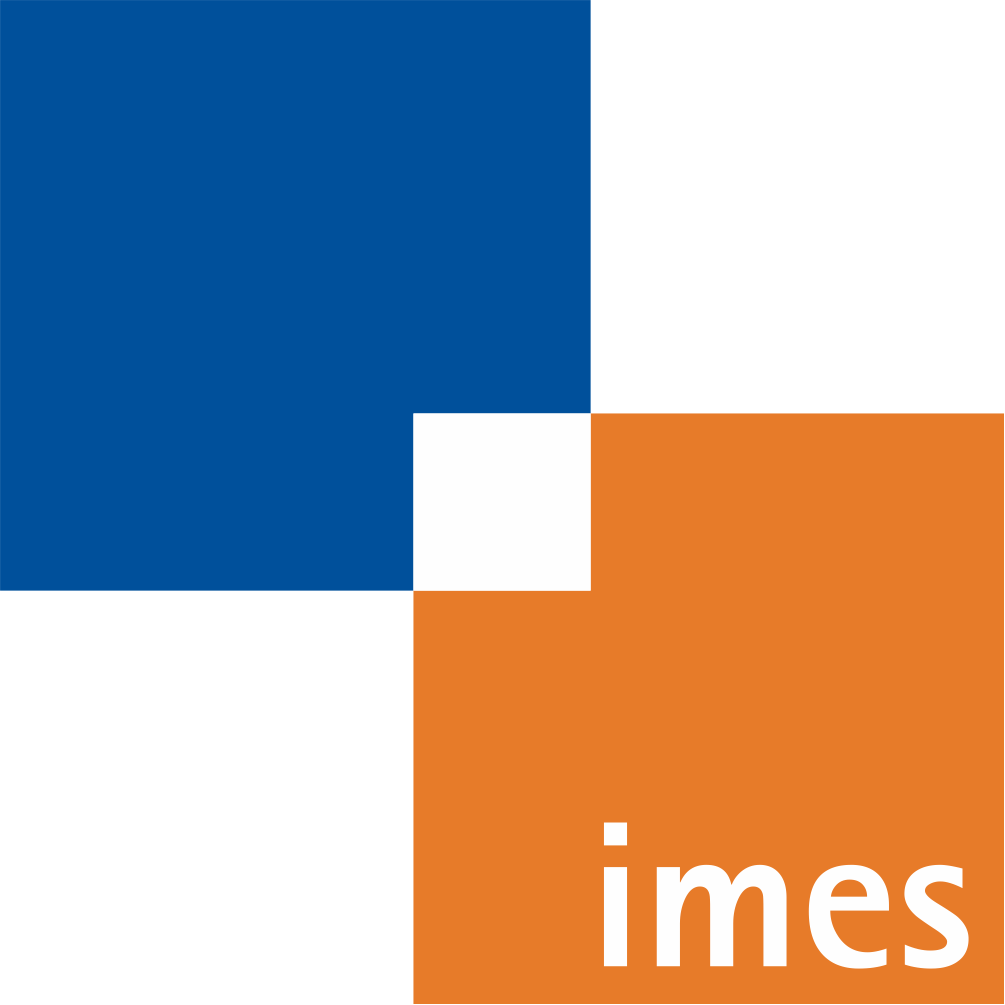A new approach for a patient-cooperative upper limb fes support based on vector fields
- verfasst von
- Arne Passon, Tim Klewe, Thomas Seel, Thomas Schauer
- Abstract
Rehabilitation robotics and Functional Electrical Stimulation (FES) are becoming more important in the rehabilitation of stroke and spinal cord injured (SCI) patients. Patient-cooperative control strategies help to only compensate for deficits and to not support too much. The application of a cable-driven arm robotic system with constant force support is considered. FES of the biceps and triceps, as well as of the posterior and anterior part of the deltoid muscle allows us to control the flexion and extension of the elbow joint and of the shoulder motion in the transversal plane. In order to support these motions of the patient, we introduce a novel assist-as-needed FES support based on iterative learning vector fields. Using this new FES control scheme, we aim to facilitate the patient's timing and completion of the motion. The approach is evaluated in experimental trials with healthy subjects performing a breaststroke swimming motion. Starting from a patient-typical deviation of 50° the controller automatically adapts the support by adjusting the stimulation and thereby reduces the deviation to approximately 15° within less than ten strokes.
- Organisationseinheit(en)
-
Institut für Mechatronische Systeme
- Typ
- Artikel
- Journal
- IFAC-PapersOnLine
- Band
- 50
- Seiten
- 9954-9960
- Anzahl der Seiten
- 7
- ISSN
- 2405-8963
- Publikationsdatum
- 07.2017
- Publikationsstatus
- Veröffentlicht
- Peer-reviewed
- Ja
- ASJC Scopus Sachgebiete
- Steuerungs- und Systemtechnik
- Elektronische Version(en)
-
https://doi.org/10.1016/j.ifacol.2017.08.1573 (Zugang:
Offen)
